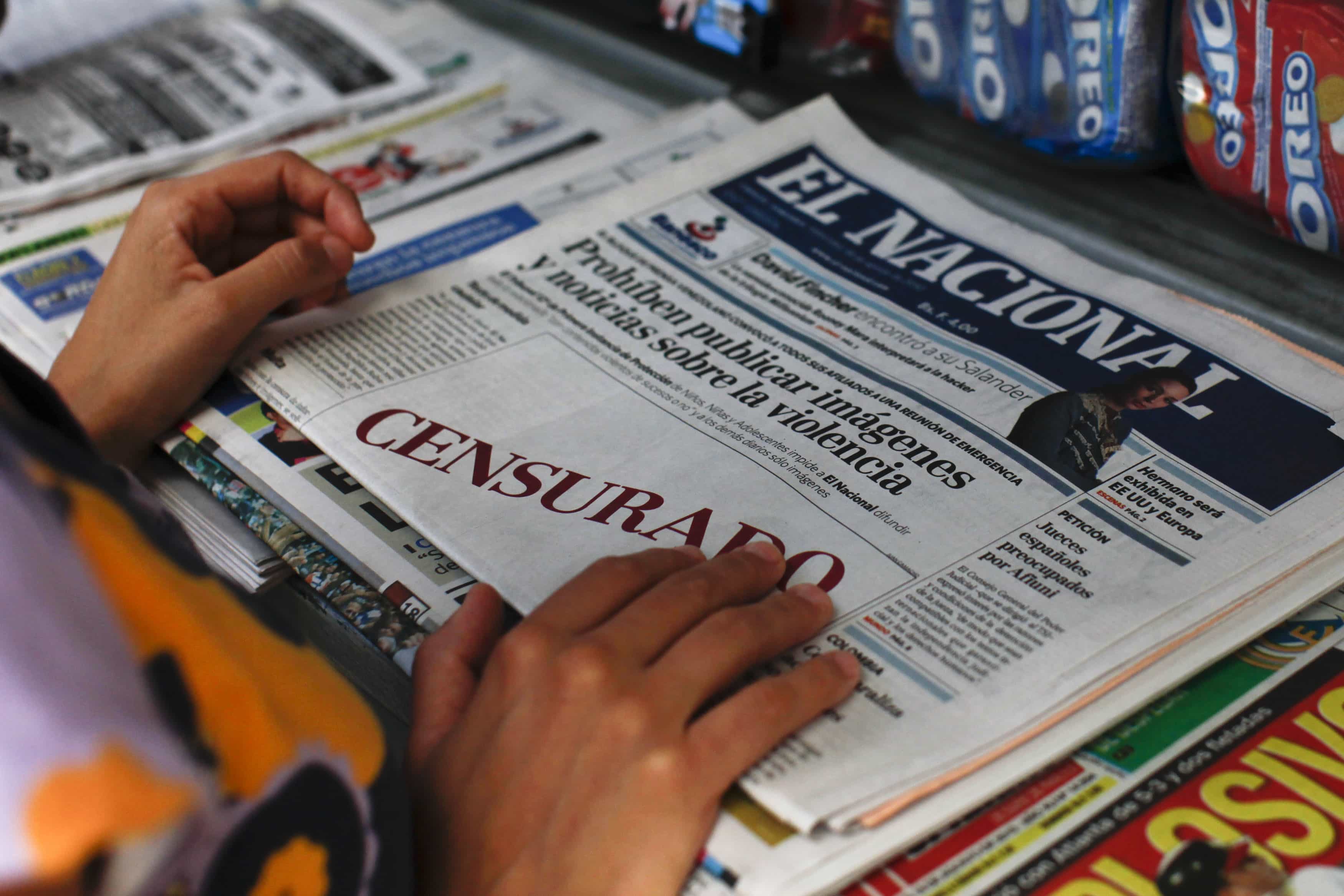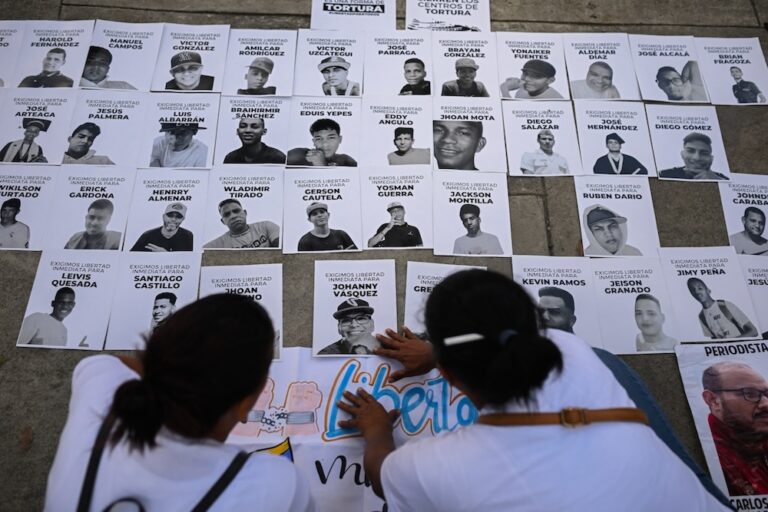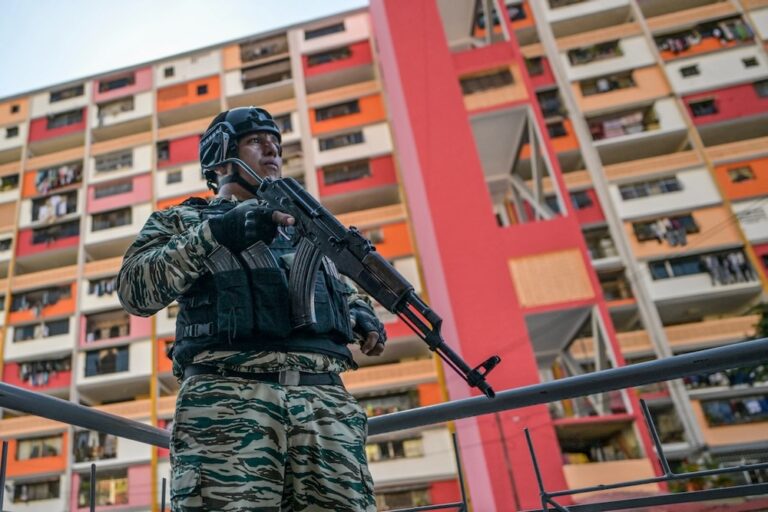El Nacional and Tal Cual were retroactively fined for publishing a photo in 2010 in which bodies were seen piled up in a morgue in Caracas.
The Inter American Press Association condemns the censorship of Venezuelan newspapers El Nacional and Tal Cual. The censorship materialized through a fine applied retroactively over a photo published in 2010 in which bodies were seen piled up in a morgue in the Venezuelan capital.
The amount of the fine, ordered by a female judge from the Protection of Children and Adolescents’ Court, is equivalent to 1% of the newspapers’ 2009 gross revenue. The original sentence was handed down in August 2010 by the lower tribunal of the Protection of Children and Adolescents’ Court. At that time, the country’s print media were prohibited from publishing images that were “violent, bloody, grotesque” and that could potentially disturb children and teenagers.
Claudio Paolillo, chairman of the IAPA’s Committee on Freedom of the Press and Information, criticized the fact that financial pressure was still being used today as means to damage the media. He called the action “an act of censorship from this new stage of harassment of freedom of expression, whose objective is to financially strangle critical and independent media to silence the voices that do not agree with the official line.”
Paolillo, editor of the Montevideo, Uruguay, weekly Búsqueda, added that although this is an attempt to restrict both newspapers, “in reality, it is the Venezuelan people who are being affected, because what is being restricted is their right to say what they want and to decide the content of what they read.”
The photo on the front page of El Nacional, published on August 13, 2010, and reproduced in Tal Cual, was a picture of the Bello Monte morgue in Caracas. It was used as an example in a report on public lack of safety.
The court ruling at that time had banned El Nacional from “publication of images, information and advertising of any kind that contained blood, weapons, terror messages, physical attacks that could allude to matters of war and reports on war and deaths.”



